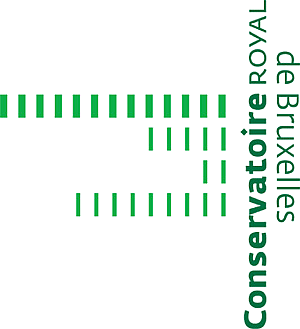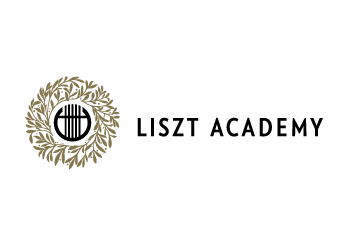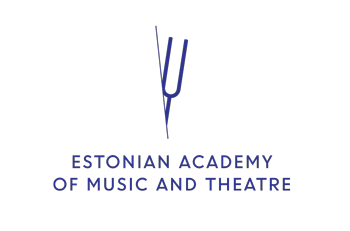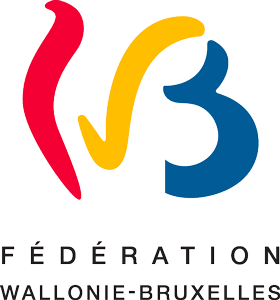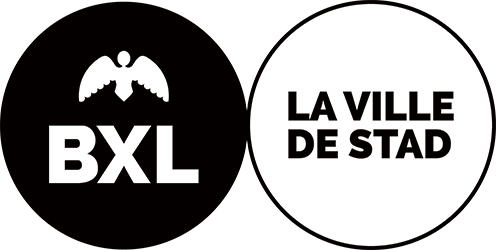Music analysis (601)
Conservatoire royal de Bruxelles
- Study of the elements of tonal language;
- Understanding of tonal syntax through tonal repertoire;
- Principles of contrapuntal writing;
- Introduction to structural and thematic analysis;
- Study of the following concepts: binary structure within the baroque suite, fugue and sonata forms, through the analysis of baroque inventions, duets or preludes, and through simple classical works and fugues. Study Methods Listening analyzes, theoretical presentations and perspectives illustrated by specific analyzes of major works (* 2,6,4);
- Analysis works by individual or collective thinkings aimed to develop the interpersonal skills needed in workshops (*2,3,5).
- Stimulate the student’s artistic mind through a better understanding of music, regardless of the period, the style, the form and the genre, which will lead him to a better play (*2,3,6);
- Give the student as many analytical tools as possible which will be essential throughout their learning experience. This will help them acquire the autonomy needed for a personal way of analysing music matching their needs (*1,3,6);
- Develop an active listening of musical works (*2,3);
- Create an interdisciplinary connection between the different courses of the student’s first year of the first cycle. This would help expand the student’s interests in other musical fields, in perfect synergy with the artistic and pedagogical project of the Conservatoire (*4,5,6);
- Analyse and pertinently interpret data in order to come up with artistical proposals, and to express critical judgement which contains insights on social, artistical and aesthetic matters (*2,3,4,6).
